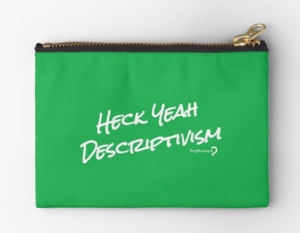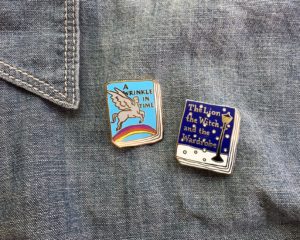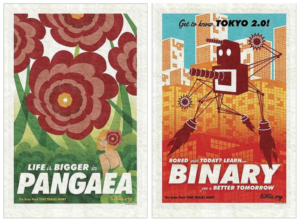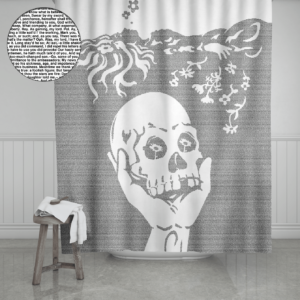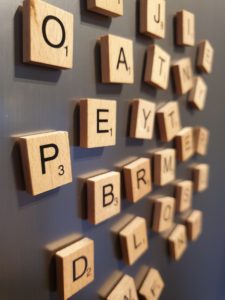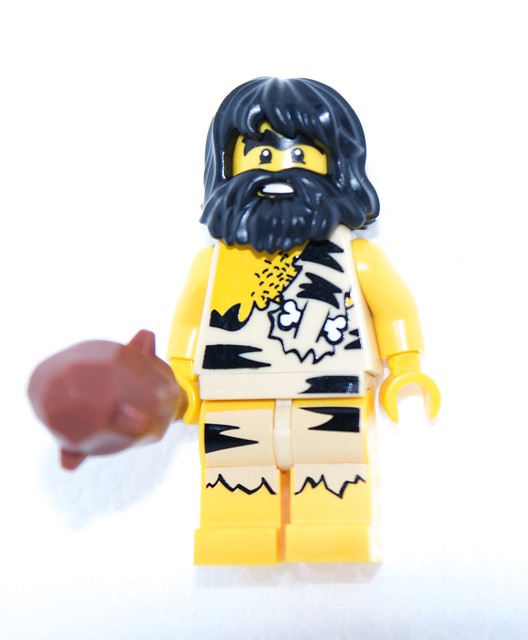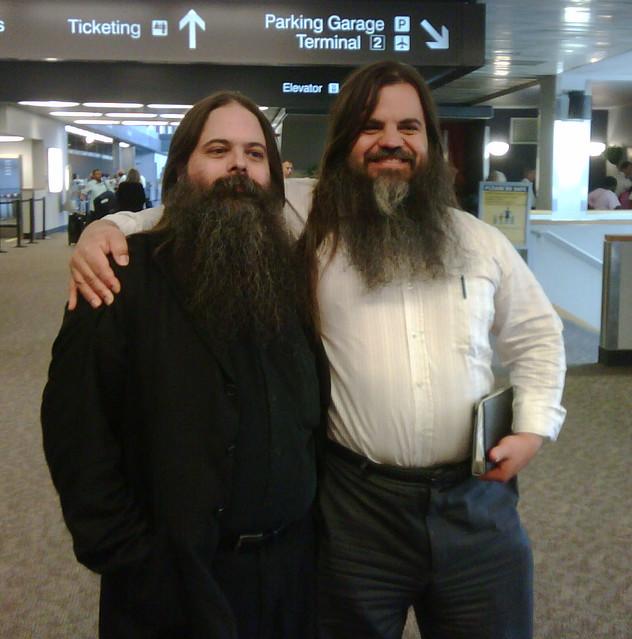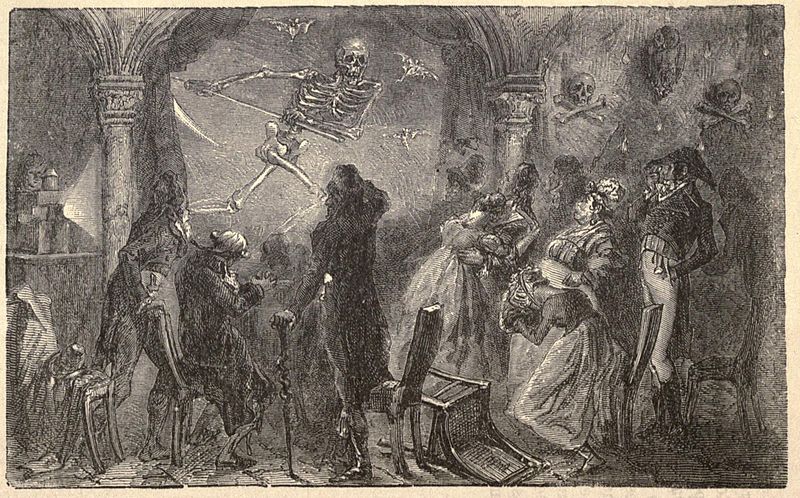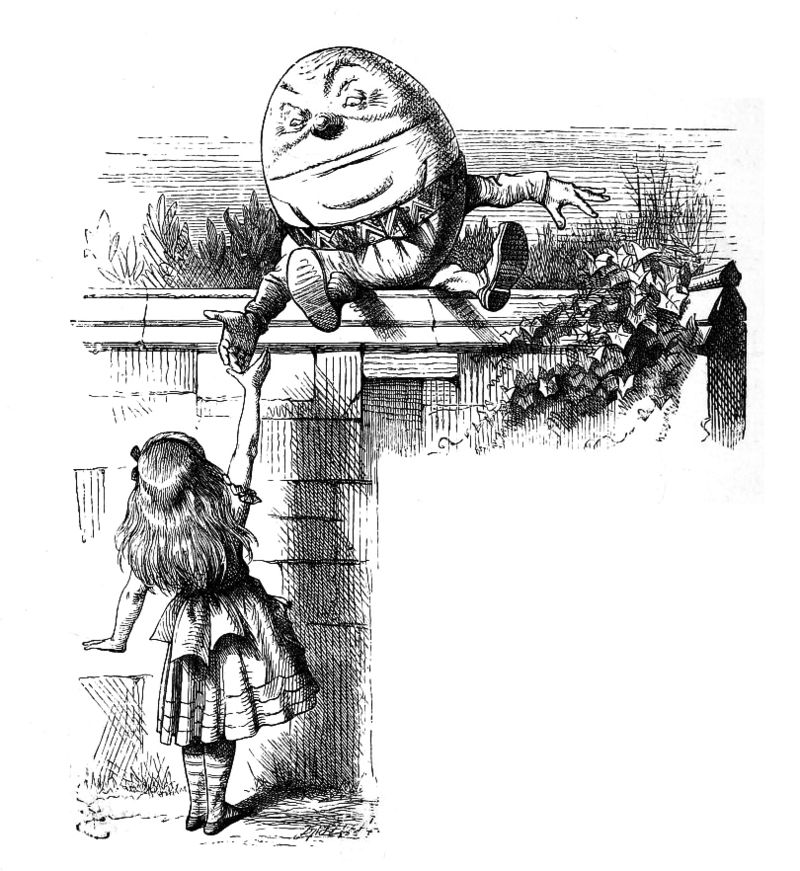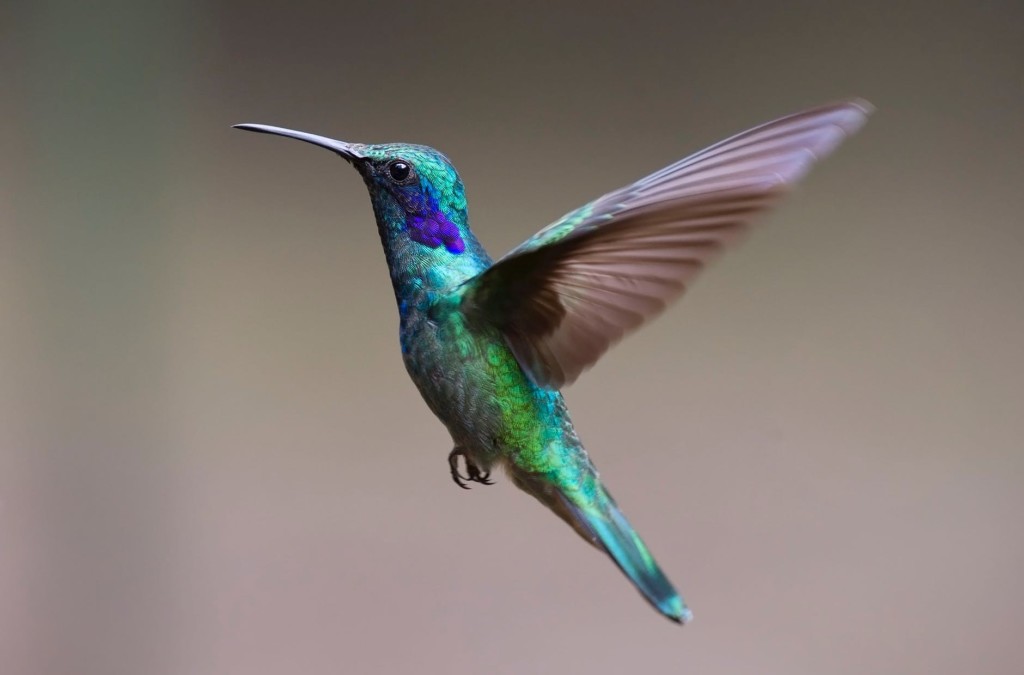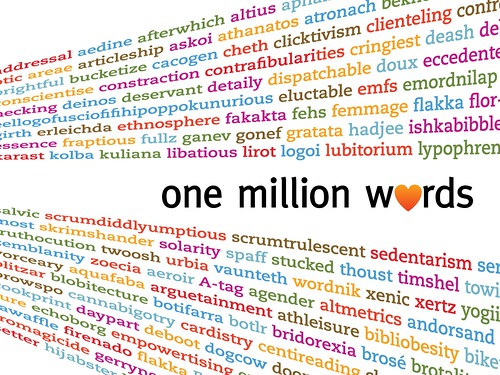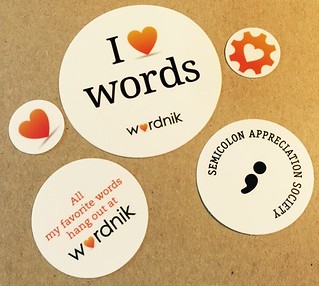Wondering what to get this year for the logophile in your life? Here’s a list of books, games, art, and other goodies for word nerds of all ages.
Adopt a word
What better gift for a word lover than… a word? For $25, you can adopt a word—(almost) any word—in someone’s honor. The recipient will receive a certificate, Wordnik stickers, and other perks, and the money goes toward supporting Wordnik. Wordnik, $25.
Calligraphy Prints
Fans of illumination and typography will be impressed by these prints from the Public Domain Review that feature beautifully rendered letters, such as selections from Joris Hofnagel’s “Guide to the Construction of Letters” or the 18th century satirical “Alphabet de la Bourbonnoise.” Public Domain Review, $25.00 and up.
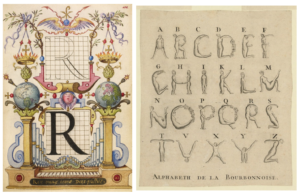
Public Domain Review
Heck Yeah, Descriptivism!
Lingthusiasm has a great selection of linguistics-themed merchandise, including kiki/bouba t-shirts, schwa pins, and everything IPA. We’re partial to these zippered pouches that “push back against language peevery.” Redbubble, $15.89
Ideal Bookshelf Pins
These enamel pins by Jane Mount feature hand-drawn book covers you can display on your lapel, with dozens of classics from Middlemarch to Infinite Jest rendered in delightful miniature. Etsy, $11.
Dictionary Subscriptions
Why not supplement the Wordnik experience with a subscription to a specialized dictionary, such as DARE, the Dictionary of American Regional English ($49/year)?
826 Merchandise
826 is a nonprofit that provides writing workshops and after-school tutoring to communities in nine cities across the US. Each location also doubles as an imaginative retail store, which means you can get vintage-inspired posters ($19.99) from LA’s Time Travel Mart, cans of antimatter ($8.00) from the Brooklyn Superhero Supply Company, or an eyepatch ($5.00)and doubloons ($0.75 each) from the Valencia Pirate Supply Store. All proceeds from these shops go to support 826.
Litographs
Litographs take the full text of a book and make it into word art in the form of posters, blankets, jigsaw puzzles, shower curtains, and more. It’s a cool way to show off your love of literature, plus a guarantee you’ll never be bored in the shower again. Litographs.com, $24-$74.
Rewordable
Originally created through the NYU Game Center Incubator and funded through Kickstarter, Rewordable is a “uniquely fragmented” card game in which players arrange letter combinations to build increasingly longer and more complex words. It’s a great way for kids to build their vocabularies and linguistic skills, or for adults to flex theirs. Barnes & Noble, $15.99.
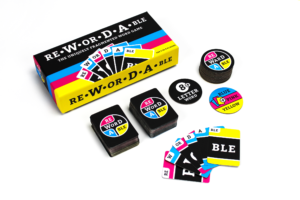
Rewordable
Scrabble Fridge Magnets
If the word-lover in your life prefers word gaming at a more leisurely pace, these magnets are a fun twist on the classic fridge poetry formula. Etsy, $20.09-$33.26.
Books!
There are just too many books to list—word lovers tend to like books, after all—but we’re making an attempt with our Bookshop.org lists. There’s one for word lovers and an even-more-specific list for folks who love dictionaries. Check them out!
Wordnik Swag
Who wouldn’t want a t-shirt – or a tote bag, or a notebook, or a throw pillow – that says “I 🧡 words?”
We also have a limited number of the Wordnik Kickstarter poster left—US$40, including Priority Mail shipping (to US only). 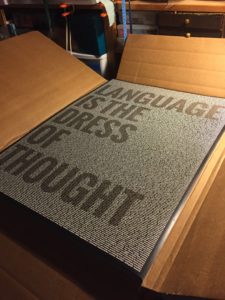 Get them while you can, as we won’t be reprinting these!
Get them while you can, as we won’t be reprinting these!
